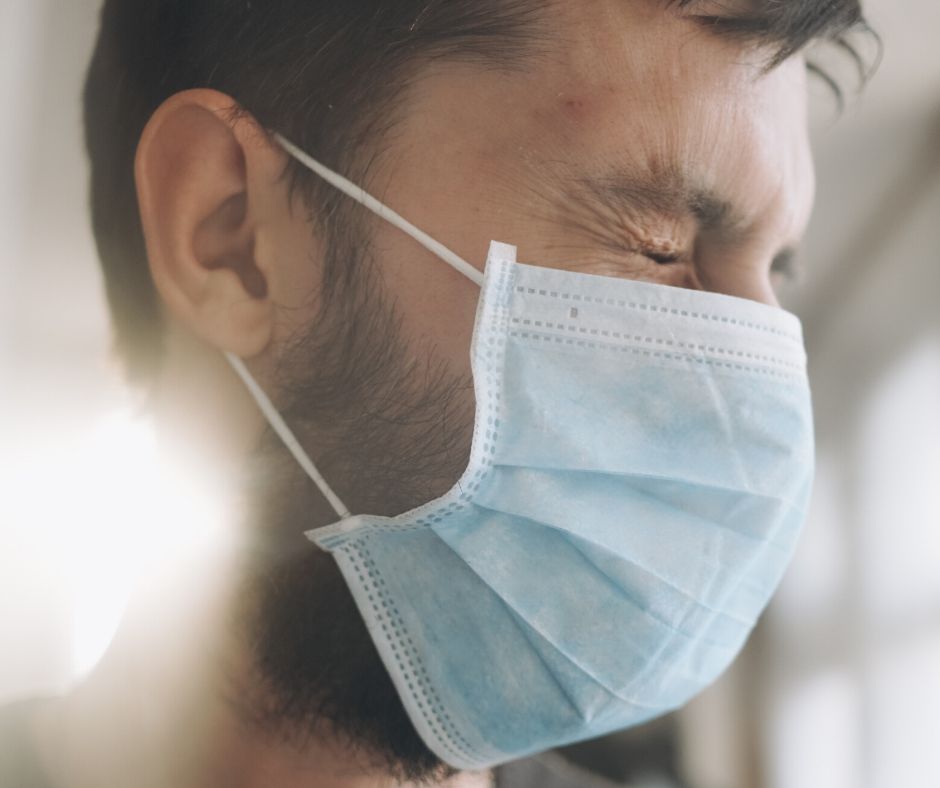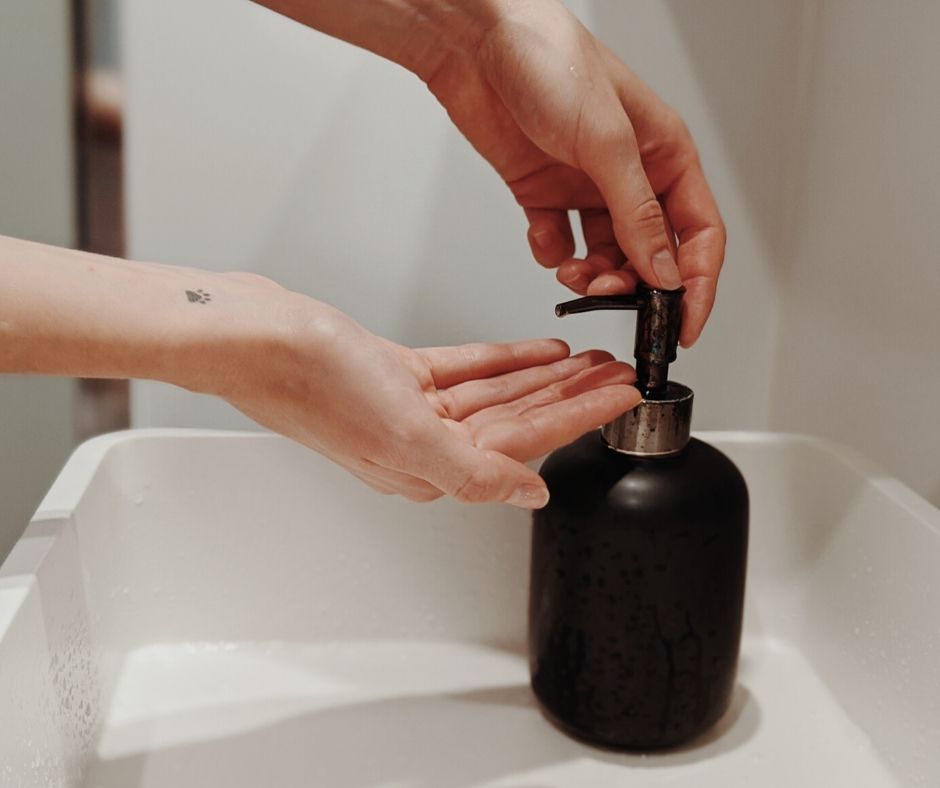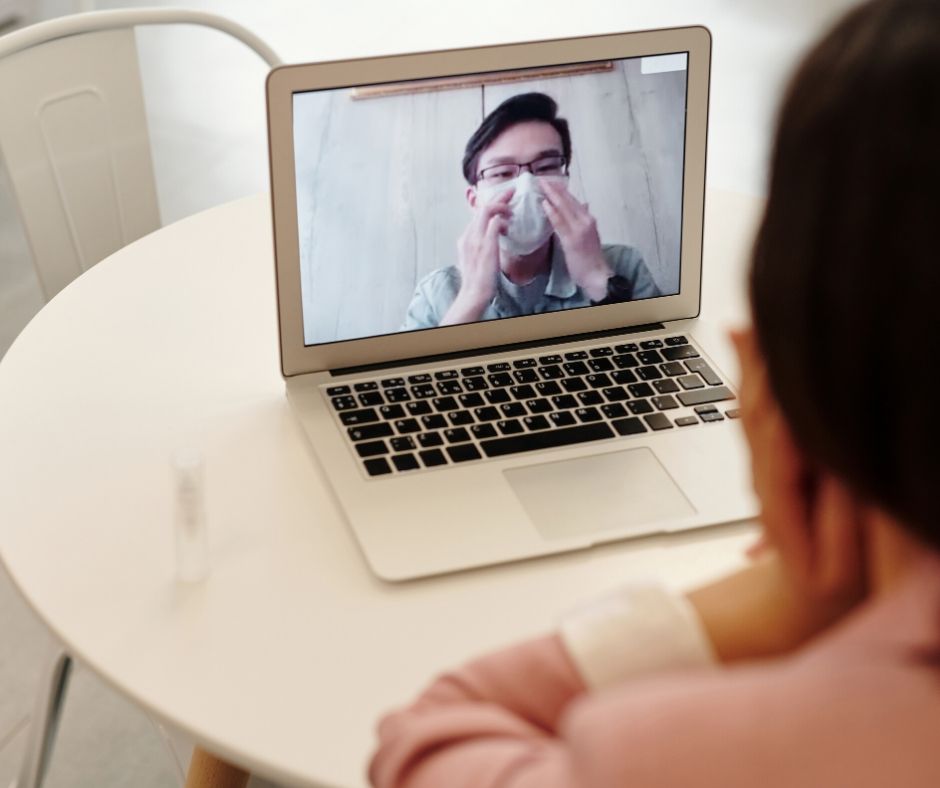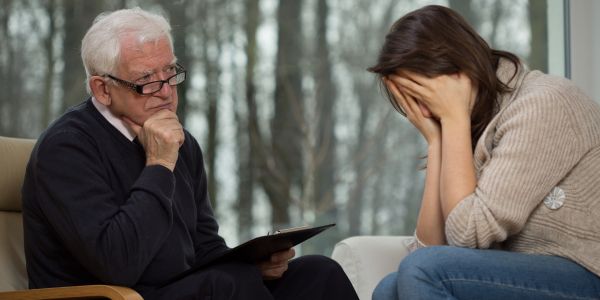On 13th May, Medical News Today published an article that discussed the ways in which the coronavirus pandemic could lead to, or worsen existing cases of PTSD.
Many people associate PTSD with war, however PTSD is a serious psychiatric disorder that is often triggered experiencing or witnessing a traumatic event such as a car accident or a physical assault. The trauma can be experienced directly or through a loved one and although PTSD symptoms typically occur shortly after the incident, it can sometimes take months, even years for them to develop.
It doesn’t have to be the event itself that starts the trauma, it’s usually our interpretation of it. Therefore, frontline workers, those who have lost loved ones or jobs due to the coronavirus outbreak may be at greater risk of experiencing long-term effects.
PTSD Symptoms
PTSD can manifest itself in a number of different ways. Generally, it is thought that a person suffering with the disorder will experience flashbacks, invasive thoughts, memory loss and reduced concentration. They may also have trouble sleeping and the way that they see themselves and those around them may be altered. Individuals may become startled easily or appear irritable or angry.

It is normal to experience an intense emotional response in the midst of a significant threat or traumatic event like what we are experiencing it presently. However, this should remedy itself with time. If you are still experiencing PTSD symptoms four weeks after the incident and they are interfering with your daily life such as sleep, eating and work, then it might be useful to contact a mental health professional or a therapist. You can easily book a time to speak to me in confidence which can take place over the phone or on Skype or Zoom.
The Pandemic
Besides the obvious overwhelm we have all faced these past few months as a result of experiencing something we never could have planned for, the pandemic has resulted in bereavement, isolation, heightened anxiety and stress as well as interrupting our daily lives which provide us with a sense of purpose and fulfilment through work, socialising and hobbies.
Frontline staff and key workers are thought to be at a higher risk of experiencing PTSD due to the stressful working environments and having frequent contact with people experiencing severe symptoms of the virus or even dying from it.
How to Cope with the Symptoms
Trusted Techniques
Many of us have our own ways of de-stressing or unwinding at the end of the day. Continue to practise those activities that help you stay calm. I personally am a big fan of baking and gardening for others it might be yoga or reading. Look after yourself where you can with healthy eating, sufficient rest and drinking plenty of water. Avoid stressors where possible such as switching your phone off and keeping it in a different room.

Maintain Control
Stress and anxiety is often heightened when we feel as if we don’t have control over our own lives. Right now, it’s extremely challenging because there are restrictions on the way we live our lives, and some of you may have lost jobs and loved ones. However, you can improve your sense of control and your ability to take charge of your life. Stop thinking about the things you’re unable to change and focus on what you can. You can choose to be positive, to focus on the future. You can choose to be kind to those around you. Fill your time with things and people you enjoy, and celebrate even small successes.
Stay Informed
Although it isn’t good to be constantly checking the news, being aware of the safety measures can help reduce stress and anxiety by knowing how to keep yourself safe. Remember to keep washing your hands for twenty-minutes, covering your mouth when you sneeze or cough, and prepare for the situation where a person in your household might become ill. Maybe consider wearing a mask or gloves when you go outside to give you that extra feeling of protection and remember to carry hand sanitiser with you.
Support Networks
Even though you might still feel uneasy meeting up with people from other households or even going outside again, utilise video calling apps or even texting can improve your mood. It is important to stay connected with friends and family especially in times of hardship where there support can be paramount. I even find a five-minute call with a friend can reduce stress and anxiety and leaves me in much higher spirit.

Find Your Anchor
The way we think about ourselves, other people and the world around us has a huge effect on our mood and behaviour. Try to become more aware of your inside voice and the way you speak to yourself. Notice how you interact with other people. Do you listen actively? Do you ask if there’s anything you can to do help? To avoid distorted thinking or dysfunctional behaviour, you need to find an activity that can anchor you. This might involve finding an appropriate outlet for your emotions such as exercise, or it might include seeking relief in the form of a friend or family member.
PTSD can become a serious issue, so it is important to seek help when you need it. It is said that the pandemic may be the cause of many new cases of PTSD and may worsen existing cases. These self-help approaches that I’ve detailed in this article can help you to manage your symptoms as a result of this trauma, however if they persist after four weeks and continue to interfere with your daily life, you might benefit from professional help or medication to help deal with your trauma
I would love to have a chat with you to see how I can help you.



